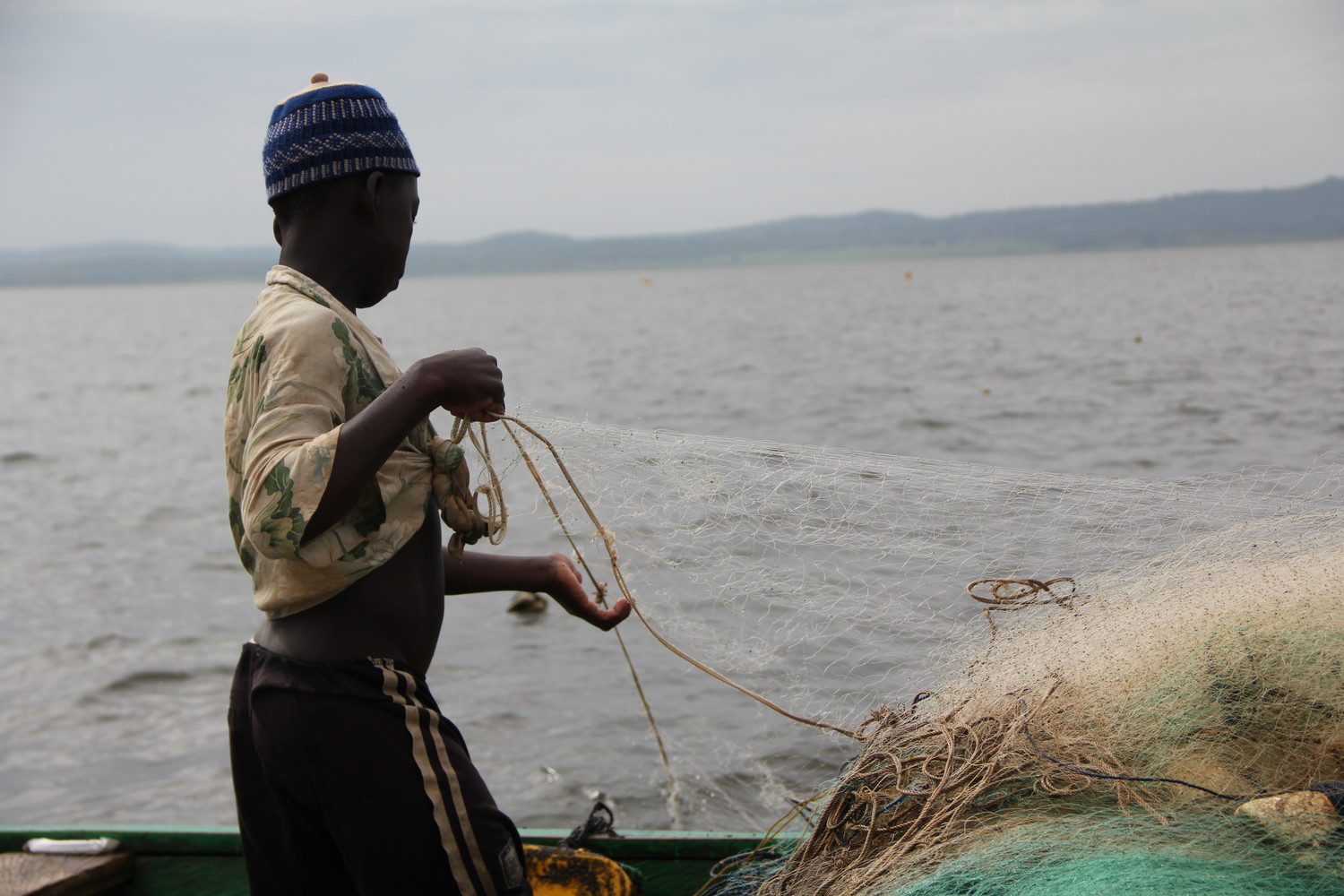Post by: Audrey Odonkor

This summer, I am working with International Justice Mission in the Ghana field office. The global mission is to protect people in poverty from violence by rescuing victims, bringing criminals to justice, restoring survivors to safety and strength, and helping local law enforcement build a safe future that lasts. The vision is to rescue millions, protect half a billion and make justice unstoppable.
The Ghana office fights against child trafficking on the Volta Lake by investigating possible cases of trafficking, rescuing victims and prosecuting perpetrators. It also strengthens the justice system by training stakeholders like judges, prosecutors, police officers and social welfare officers on best practices for dealing with trafficking cases.
As a legal intern, I have researched on legal issues like bail, cross border human trafficking and the admissibility of certain kinds of investigative evidence in the court of law. I have also supported trainings for judges and magistrates on trauma informed care, to help them provide a more conducive environment for child victims in court settings.
Through my internship with International Justice Mission, I have developed a more nuanced understanding of the challenges of doing justice. For example, Ghana’s social welfare system is designed to always protect the best interest of the child. However, seeking convictions for perpetrators, some of whom are the biological parents of the child, could put the parents behind bars for significant periods and deprive the child victims of growing up with one or both parents.
Seeking convictions for perpetrators could also be counterproductive. When children are viewed as the cause of the imprisonment of their perpetrator parents or guardians, seeking such convictions could ostracize children from their communities. It therefore becomes unsafe for them to return to their communities and could lead to children being in shelters for longer periods with slimmer chances for reintegration.
Working with this organization has also taught me that justice systems are not always built to protect the rights of victims. When victims are forced to repeat their stories or keep coming to court because of delayed processes, they can experience more trauma at the hands of the justice system than the trauma from the event that sent them there.
To remedy this, judges can make small changes to the structures of their courtrooms such as reducing the number of adjournments granted, turning the victims’ chairs so they do not have to face their perpetrators when they are giving their testimonies, or holding court in chambers for more sensitive matters. Judges can also be sensitive to signs of trauma and keep out irrelevant questions from defense lawyers that would needlessly aggravate victims.
Through this internship, I have learned that the fight for justice should be guided by a careful consideration of the impact seeking legal justice could have on child victims. Even though success might be measured by the number of convictions obtained, it is worthwhile to consider its long-term impact on the development of child victims and realistically assess what true justice could look like.
This post was written by a Center for Global Justice Intern. The views expressed in this post do not necessarily reflect those of Regent University, Regent Law School, or the Center for Global Justice.

